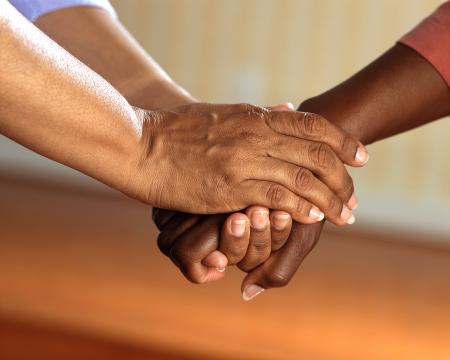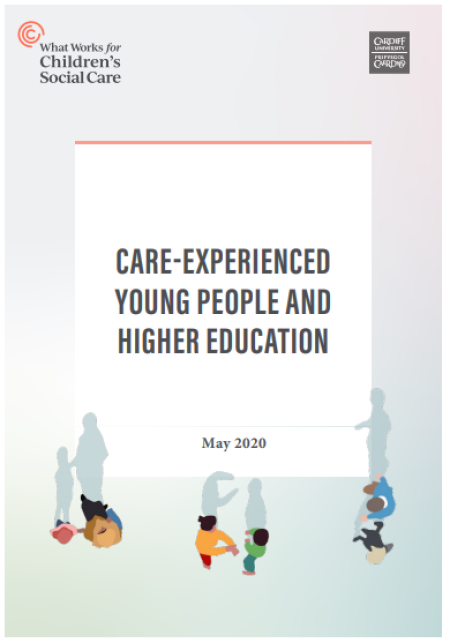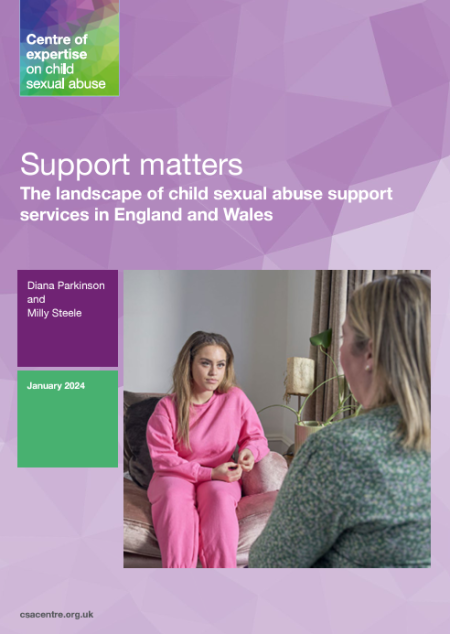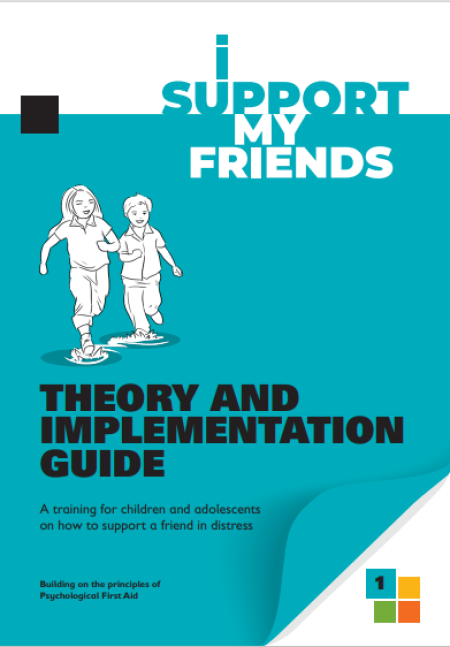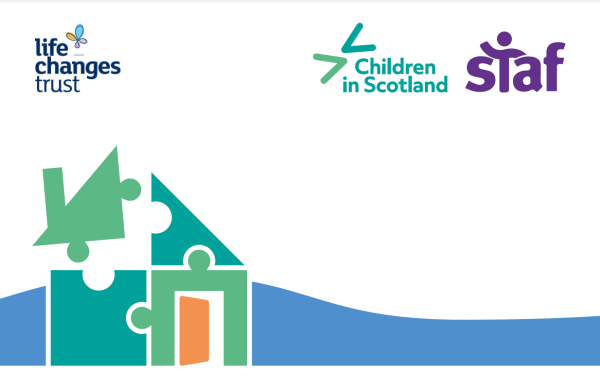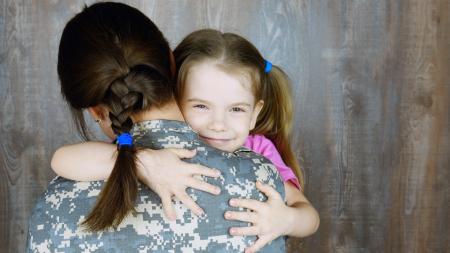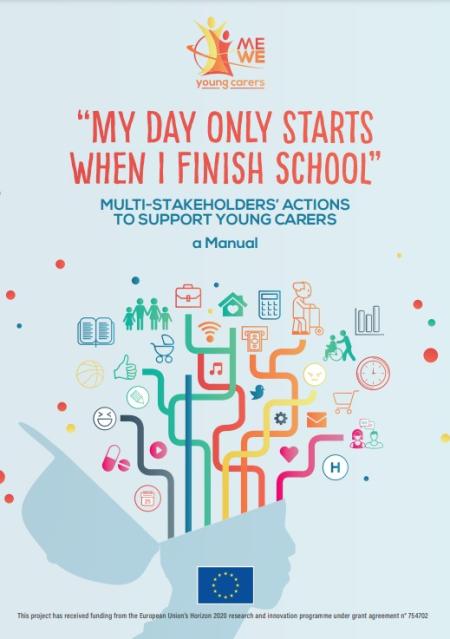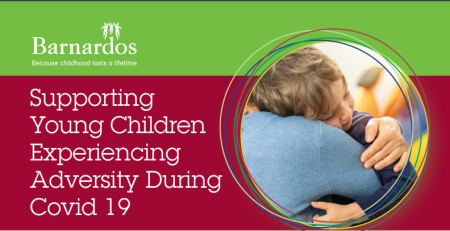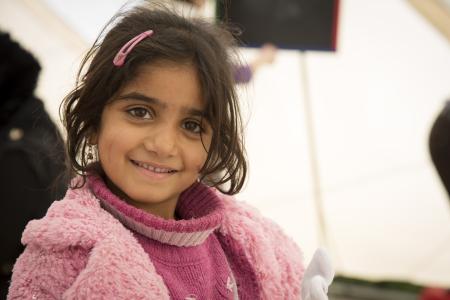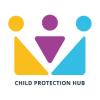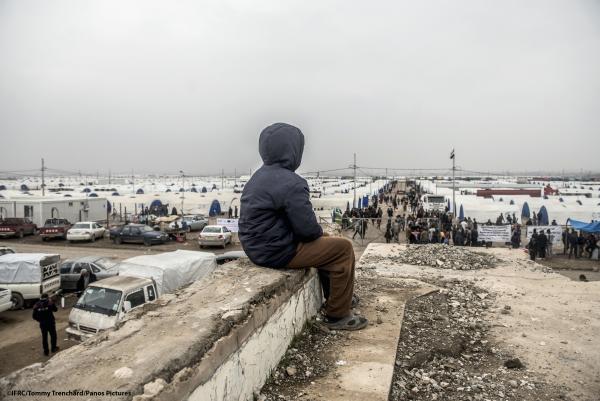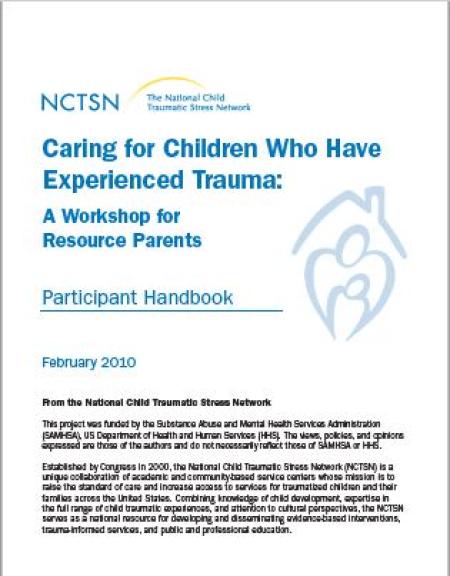National Youth Advocacy Service (NYAS) launched “My Things Matter” - a national campaign across England and Wales - that aims at improving the experience of children and young people when moving from one home to another during their time in care. The campaign wants to raise awareness among local authorities and care professionals about the importance of treating with care and respect both young people and their belongings.
“My Things Matter” is based on the campaign research report “Support and respect care-experienced children and their belongings when they move” that revealed a series of key findings, such as:
- 3 in 5 children and young people had their personal belongings lost or damaged when moving home while living in care
- 4 in 5 children and young people had their belongings moved in bin bags during their time in care
- only 1 in 3 local authorities have formally written guidelines used to support their staff or carers to help children and young people to move successfully.
Moreover, the report developed by NYAS brings forth a pledge they ask local authorities to sign in order to make the moving experience as easier as possible for children in care.
The five pledge pillars are as follows:
- We will help you to keep your most precious belongings with you safely during your move and promise they will not be moved in bin bags.
- We will provide written guidance for you and anyone helping you to move, which we will publish on our website.
- We will never move or throw away your belongings without your consent and will always respect your personal property.
- We will support you to make a complaint if any of your belongings have been lost or damaged during your move.
- We will communicate with you about your move and ask you how the move went.
Additionally, the report includes quotes of children and young people in care and NYAS professionals.


